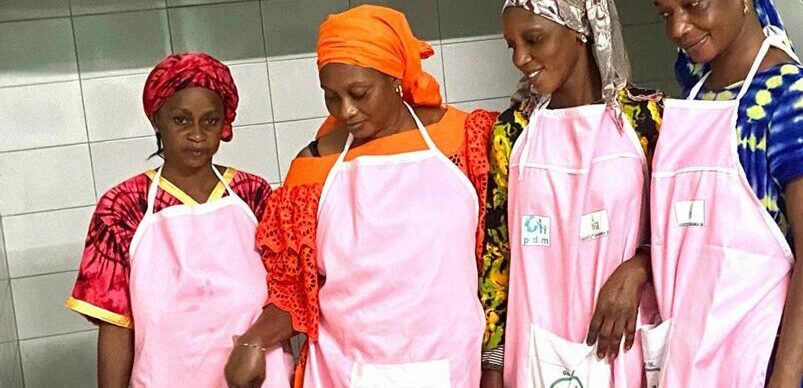Our areas of intervention
PADEM attaches particular importance to the issues of inclusion of people with disabilities.
In addition to projects specifically aimed at including and promoting the place of people with disabilities within their societies (Sri Lanka, Senegal, Mongolia, Kosovo, etc.), this theme is also a cross-cutting issue for all international projects of PADEM, with the desire to be able to involve people with disabilities in all project activities.
See the projects linked to this area of intervention
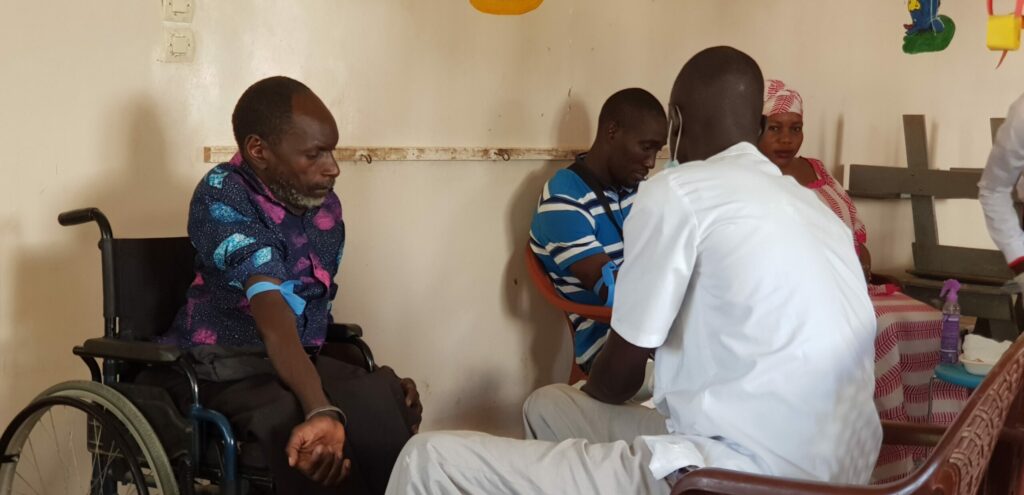
In the current context, the issue of adaptation to climate change has a strong resonance in PADEM’s international projects.
The idea behind these words is to help communities adapt to climate change through agriculture (Bolivia, etc.), energy (Senegal, etc.), and natural disaster risk prevention projects (Kenya, Senegal, etc.) to ensure their resilience.
See the projects linked to this area of intervention
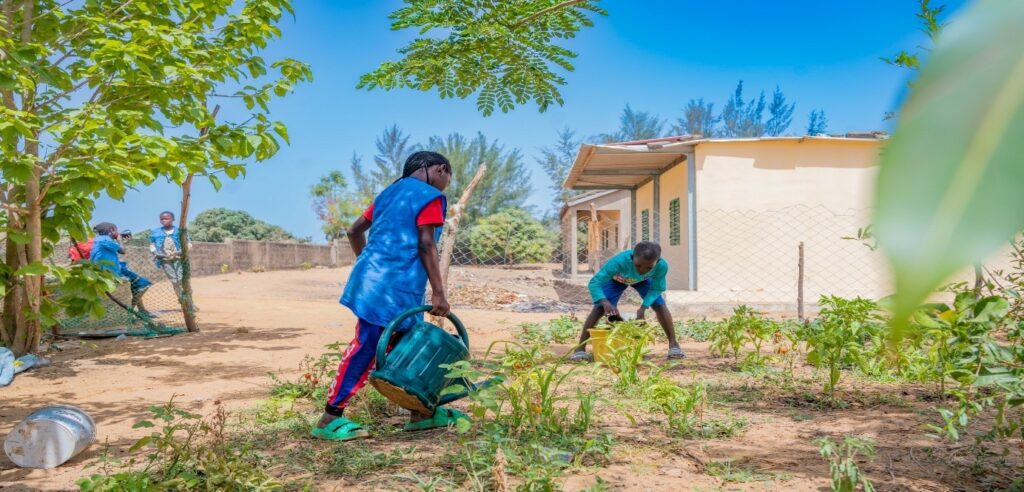
Access to education and professional training is a central theme when we are interested in improving the living conditions of children.
Through its projects, PADEM promotes children’s access to informative and inclusive education as well as quality vocational training, whether provided through school and formal environments (Kosovo, Senegal, etc.), or through non-formal settings (India, Senegal, etc.).
See the projects linked to this area of intervention
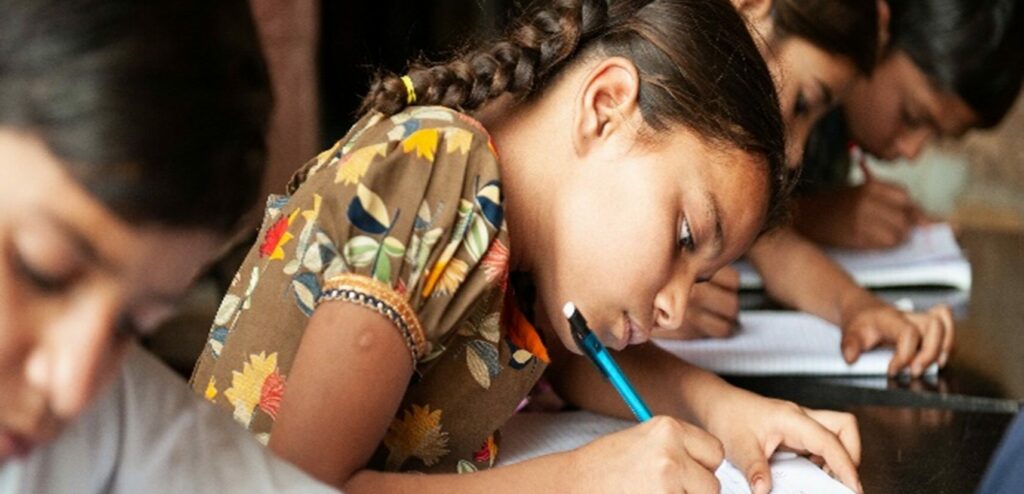
Because it would not make sense to focus on improving the living conditions of children and their families without first thinking about filling their plates, PADEM works through its projects to improve access to food and nutrition for vulnerable children through projects.
These actions take place directly within their families (Bolivia, Peru, etc.) or in shelters and schools (Madagascar, Kenya, etc.)
See the projects linked to this area of intervention
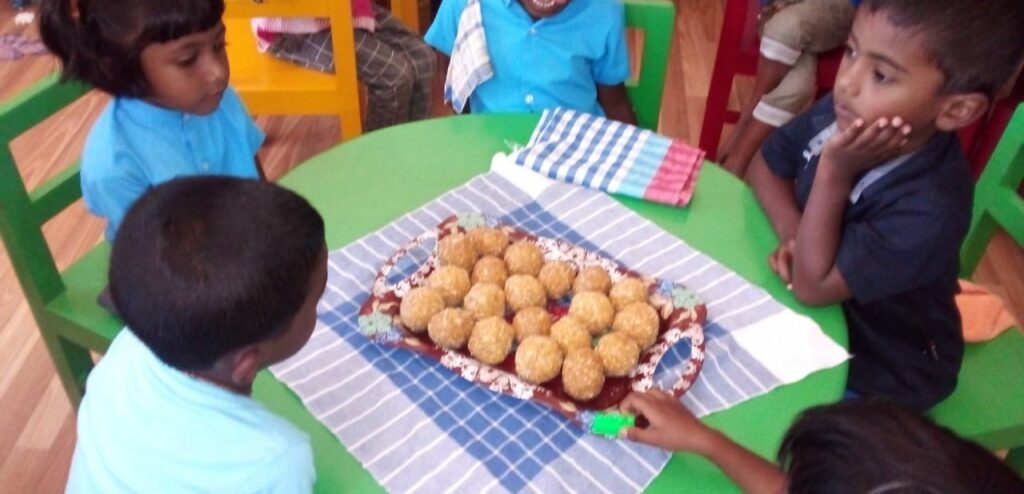
Children’s rights are often difficult to respect in developing countries. Acts of domestic violence (Bolivia, Peru, etc.) or female genital mutilation (Senegal, Kenya, etc.) are examples among others on which PADEM projects work to ensure respect for this central branch of human rights that are children rights.
See the projects linked to this area of intervention
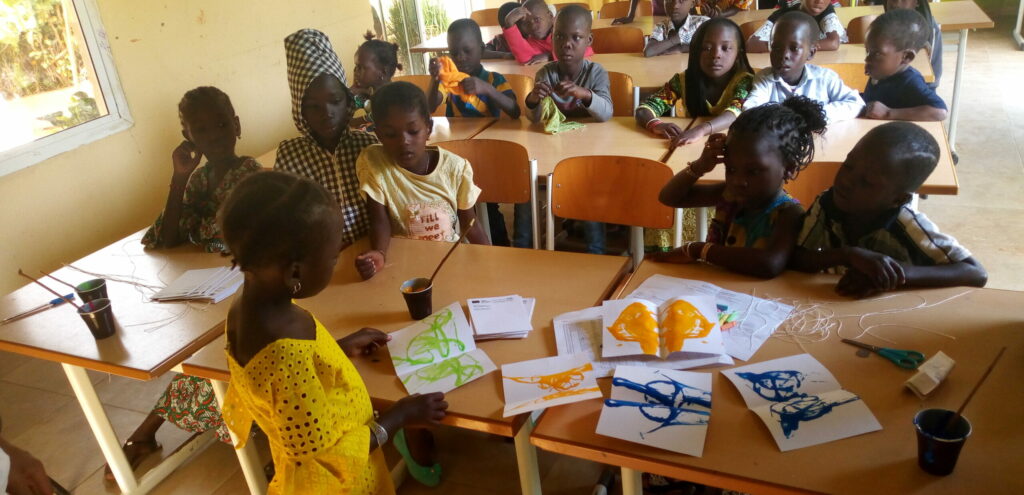
Many diseases are due to poor access or lack of access to clean drinking water. In certain regions, access to care and health services is also an issue that poses significant problems on a daily basis.
PADEM promotes improved access to clean drinking water by proposing the construction of more efficient equipment located closer to populations (Bolivia, Senegal, etc.). The same goes for access to health with the desire to offer health services ever closer and adapted to the needs of the populations concerned (Mongolia, Senegal, etc.).
See the projects linked to this area of intervention
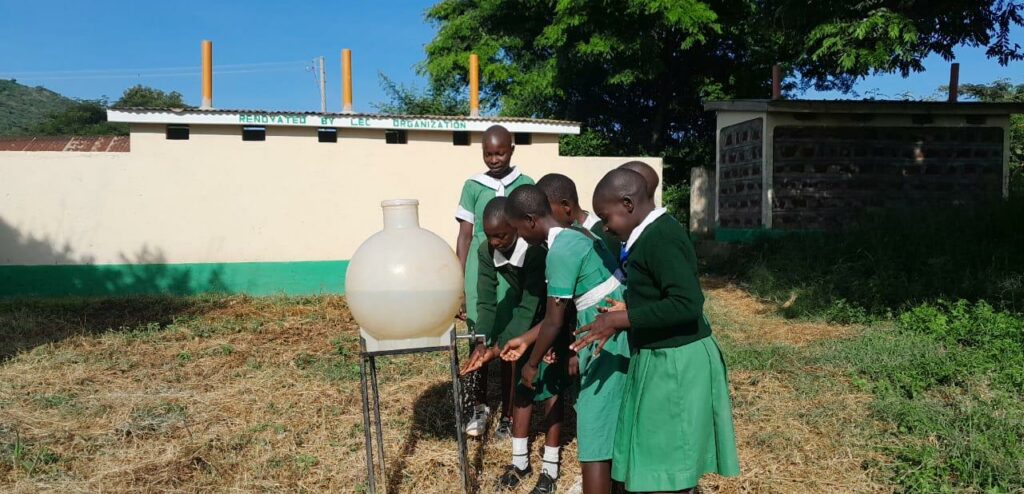
The issue of access to safe and dignified housing is a major one within PADEM’s activities.
International projects work for the construction, renovation, equipment and insulation of homes according to the specific needs encountered by the communities concerned by the projects (Kenya, Mongolia, etc.)
See the projects linked to this area of intervention
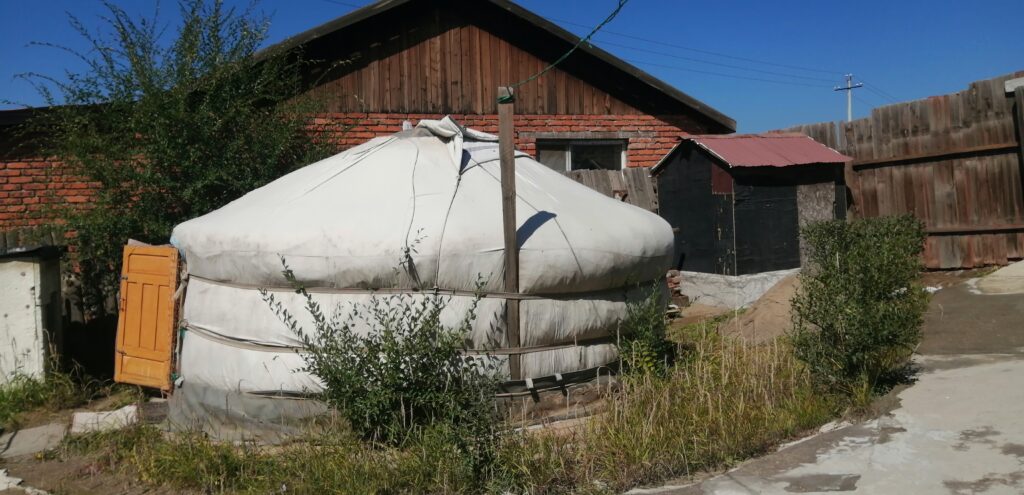
Economic development is a cross-cutting theme in PADEM’s projects. Supporting parents in their economic development helps to improve the living conditions of their children and to combat child labor.
PADEM projects strive to include training activities, the creation of working capital and income-generating activities, with the aim of enabling families to take charge of improving their personal living conditions from a financial point of view, initially through support and then increasingly on their own.
See the projects linked to this area of intervention
